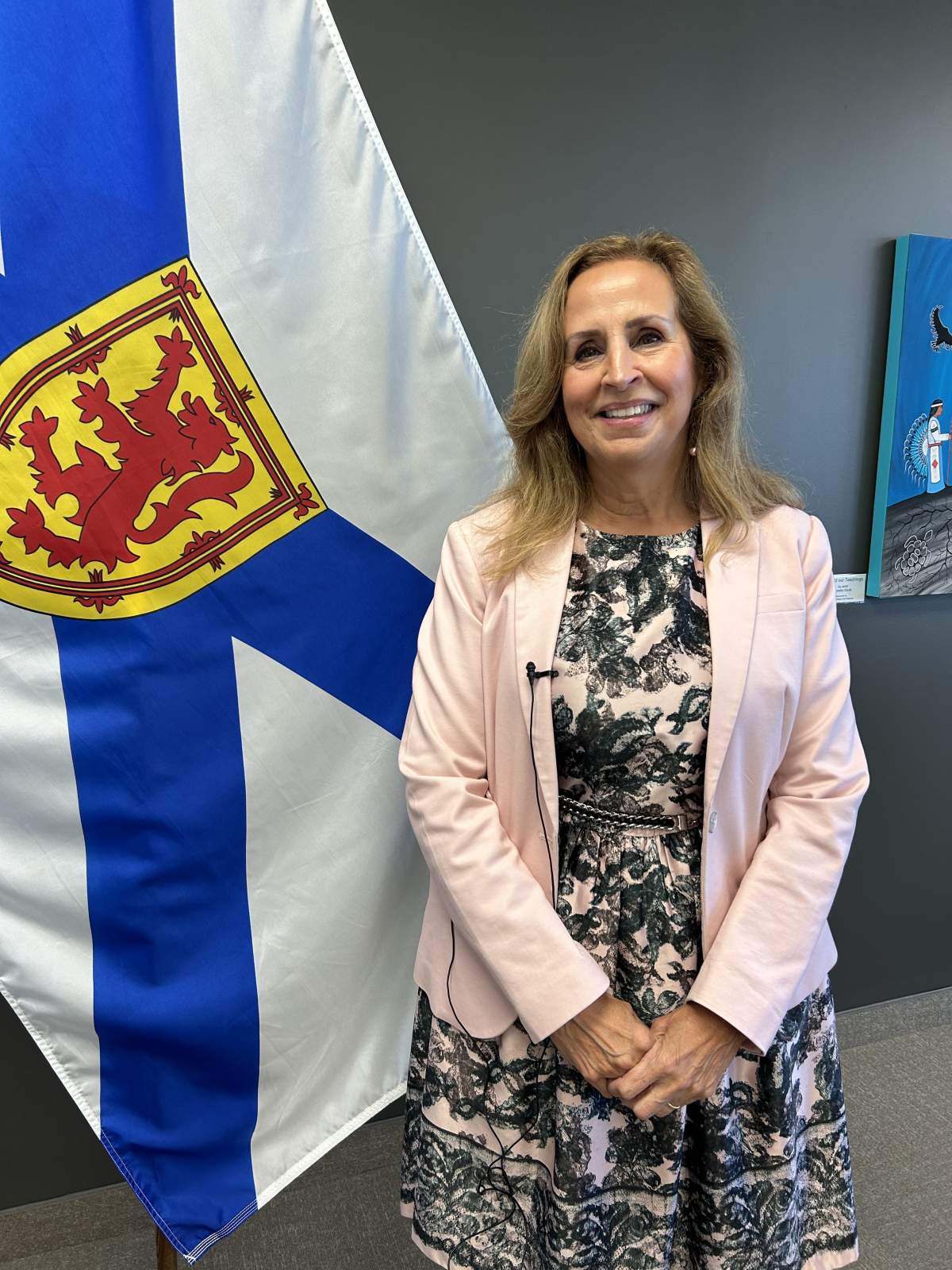The Liberal opposition in N.S. is calling for a province-wide vulnerable persons registry, as a tool to keep at-risk individuals safe during emergencies.

In the wake of the recent severe weather events, Liberals and local advocates are saying a registry would keep track of individuals living with mobility, vision and hearing impairments, in order to ensure they are properly accounted for during evacuations.
“It would give them peace of mind,” says Cole Harbour-Dartmouth MLA, Loreleli Nicoll.
Nicoll says there has been a lack of communication with past emergencies, and it has threatened the safety of vulnerable communities.
“It is critical that our loved ones are looked after.”

Get weekly health news
Disability rights activist, Anne Camozzi, says she’s disappointed with the scarce systems in place to keep disabled people safe.
“They’re saying now to people with disabilities, just wing it. If you need an ambulance, just wing it,” says Camozzi.
She says municipalities aren’t adequately equipped to meet the needs of vulnerable people in critical moments.
“I’ve been told that if I need to evacuate from my home after an emergency, I should call an ambulance,” says Camozzi. “But an ambulance doesn’t take my mobility device … ambulances aren’t equipped to take mobility devices. So where does the ambulance take me? And then when I get there, what do I do?'”
Halifax Regional Municipality and Kings County have implemented a vulnerable persons registry, but it’s a different case in rural areas.
Andy Thompson, a councillor in Pictou County, says there were residents in his district that were without power for 18 days during Hurricane Fiona. He says it’s harder to keep track of who requires assistance during an emergency.
“The truth is, we don’t really know because we don’t have a list. We hear about it after the fact. And that’s too late,” says Thompson.
In a statement, Heather Fairbairn, a communications advisor for the province, said “in Canada, all vulnerable persons’ registries are administered at the municipal level. Municipalities are responsible for having an emergency management plan for their region.”
But opposition leaders say that is not practical.
“There are many municipal units across the province that don’t have the resources that HRM has,” says Nicoll.
“We don’t need 49 different lists. We don’t need 49 different ways of doing things. We need one unified list for the province,” says Thompson.









Comments